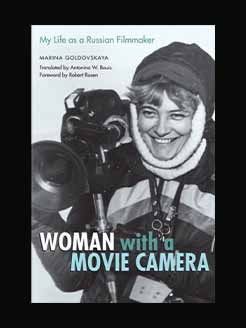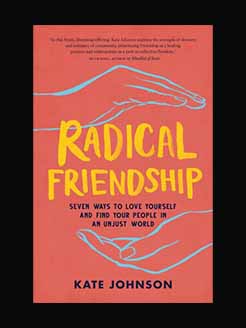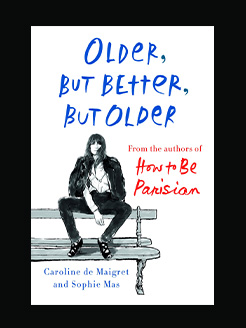Published in 2017
228 pages
Susan Burton is the founder and executive director of A New Way of Life, a nonprofit that provides sober housing and other support to formerly incarcerated women. Nationally known as an advocate for restoring basic civil and human rights to those who have served time, Burton was a winner of AARP’s prestigious Purpose Prize and has been a Starbucks “Upstander,” a CNN Top 10 Hero, and a Soros Justice Fellow. She lives in Los Angeles.
Cari Lynn is a journalist and the author of five books of nonfiction, including Leg the Spread and The Whistleblower (with Kathryn Bolkovac). Lynn has written for O, The Oprah Magazine; Health; the Chicago Tribune; and Deadline Hollywood. She lives in Los Angeles.
What is this book about?
One woman’s remarkable odyssey from tragedy to prison to recovery—and recognition as a leading figure in the national justice reform movement
Susan Burton’s world changed in an instant when her five-year-old son was killed by a van on their street in South Los Angeles. Consumed by grief and without access to professional help, Susan self-medicated, becoming addicted first to cocaine, then crack. As a resident of South L.A., an impoverished black community under siege by the War on Drugs, it was but a matter of time before Susan was arrested. She cycled in and out of prison for fifteen years; never was she offered therapy or treatment for addiction. On her own, she eventually found a private drug rehabilitation facility.
Once clean, Susan dedicated her life to supporting women facing similar struggles. She began by greeting women as they took their first steps of freedom, welcoming them into her home, providing a space of safety and community. Her organization, A New Way of Life, now operates five safe homes in Los Angeles that supply a lifeline to hundreds of formerly incarcerated women and their children—setting them on the track to education and employment rather than returns to prison. Susan is now nationally known as an advocate for restoring basic civil and human rights to those who have served time. Becoming Ms. Burton not only humanizes the deleterious impact of mass incarceration, it also points the way to the kind of structural and policy changes that will offer formerly incarcerated people the possibility of a life of meaning and dignity.







